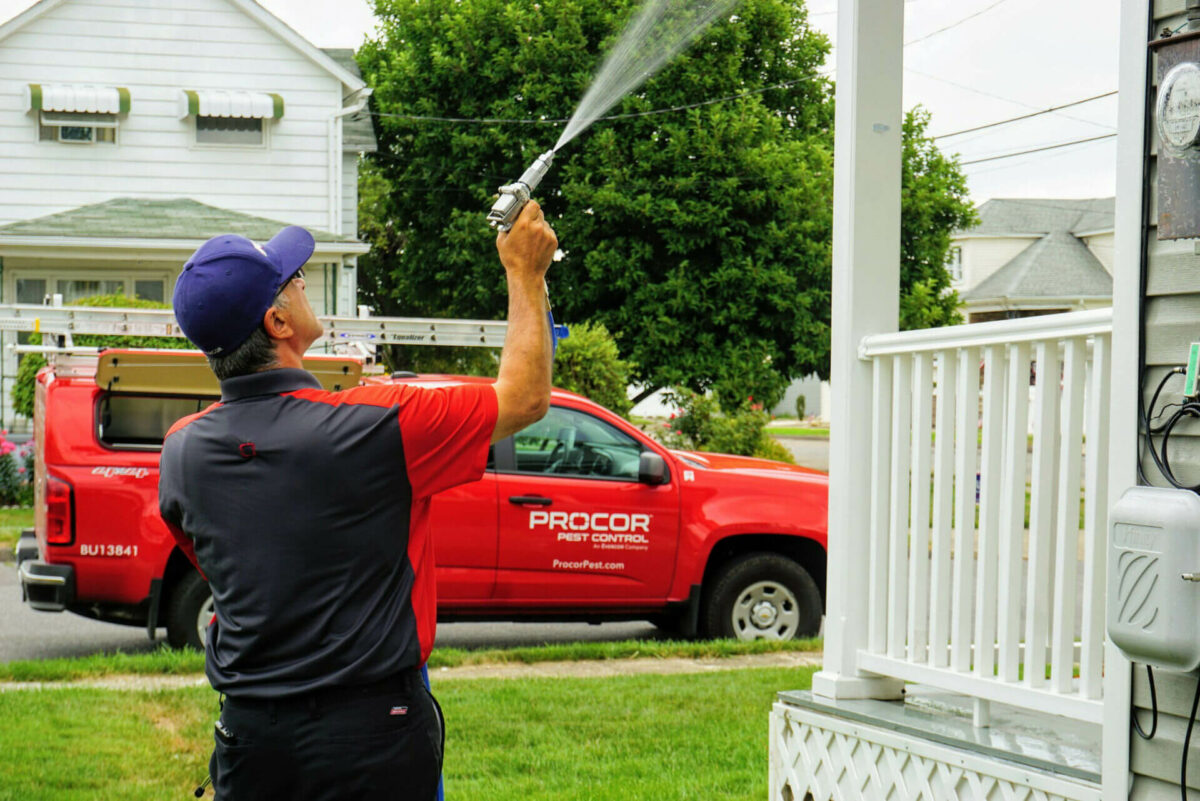The lift offers a broad range of functions and usesThe most common types are the commercial lifts used to transport people or move freight and goodsThe commercial lift can differ in terms of building design, size, and structureCertain building structures are required to have a lift/elevator installed to ensure the premises are easily accessible to everyoneThese premises can include hospitals, government buildings, and office complexesMoreover, there are smaller versions available too that are practical to install in a home, which helps the disabled to move around the place conveniently.

The key difference between these types of lifts related to working on the operating mechanismBelow are the three main types of lifts available today:
Hydraulic Lifts
The hydraulic lifts are extremely reliable and safeThese are designed to stand up to most situations, including earthquakes and fireThey are among the easiest to maintainThe installation process of hydraulic lifts and related parts is complicated and time-consuming, as wellHowever, once the elevator is installed, the lift moves up and down the building smoothly.
The Hydraulic lift is not self-contained and requires a separate machine room to operateIt locates below or above the hoistwayThe room is then used to house the controller cabinet, as well as, the hydraulic pumpThere are several other lift systems that do not rely on a machine roomThey are compact enough to accept different Lift parts UK within the hoistwayMoreover, there are contemporary electric lifts that only require a separate cabinet for its system.

Pneumatic Lifts
Pneumatic lifts are also called as the vacuum liftThese are built using a hoist system that is self-contained and does not rely on any separate machine roomThe lift moves up and down through a pneumatic vacuum that generates a high volume of suctionThis type of lift is not built to accept the heaviest of loadsIt is usually limited to a certain number of people per tripHowever, the installation and costs are quite reasonable compared to the hydraulic model as there is no requirement for the machine room.
Electric Lifts
Electric lifts are the most commonly used lift systemsIt can depend on ropes or counterweights to keep it suspended in the shaftA high-powered motor gets connected to the pulley to raise and lower the cabJust like any other type of lift, it is crucial to provide ongoing maintenance to maintain optimal working performanceLift spare parts must only be acquired through reliable lift part suppliers.








